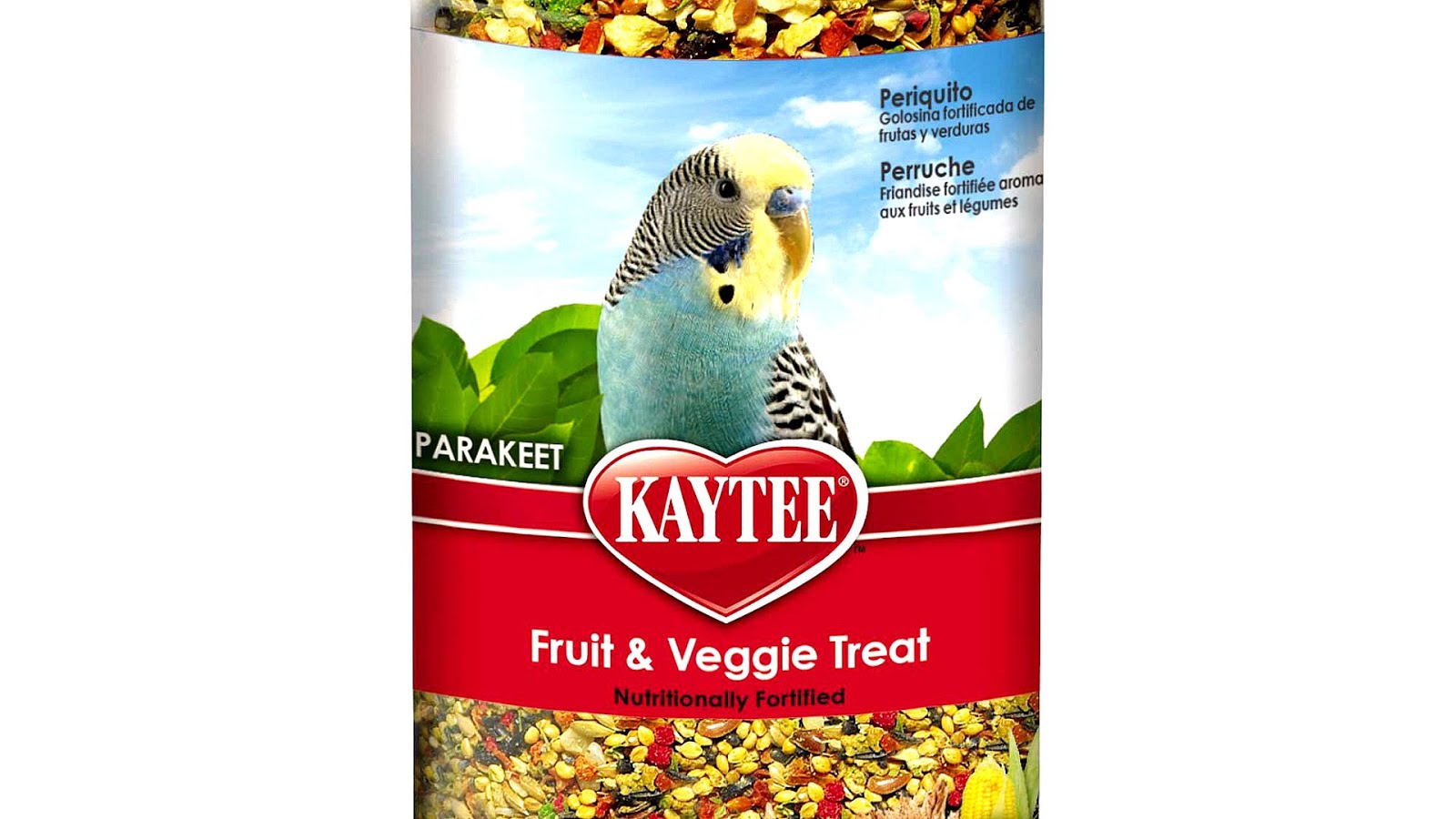When it comes to ensuring the health and happiness of your parakeet, providing a balanced diet is essential. Fruits and vegetables play a crucial role in this diet, offering vital nutrients that contribute to your bird's overall well-being. In this comprehensive guide, we will explore the best fruits and vegetables for parakeets, their nutritional benefits, and how to safely introduce them into your pet's diet.
Parakeets, also known as budgerigars or budgies, are one of the most popular pet birds worldwide. As social and intelligent creatures, they thrive in environments that stimulate their minds and bodies. A diet rich in fruits and vegetables not only provides essential vitamins and minerals but also keeps your parakeet engaged and happy. In this article, we will delve into the various options available and how to prepare them for your feathery friend.
Whether you are a new parakeet owner or looking to enhance your bird’s diet, understanding the nutritional needs and preferences of your pet is vital. This guide aims to equip you with the knowledge to make informed choices about the fruits and vegetables you offer, ensuring your parakeet remains healthy and vibrant.
Table of Contents
- Understanding the Nutritional Needs of Parakeets
- Benefits of Fruits and Vegetables for Parakeets
- Best Fruits for Parakeets
- Best Vegetables for Parakeets
- How to Introduce New Foods
- Common Mistakes to Avoid
- Preparing Fruits and Vegetables for Your Parakeet
- Conclusion
Understanding the Nutritional Needs of Parakeets
Parakeets require a balanced diet that includes seeds, pellets, fruits, and vegetables. While seeds are often the primary component of their diet, they lack many essential nutrients. A well-rounded diet should consist of:
- Seeds and pellets (70-80% of their diet)
- Fruits (10-15% of their diet)
- Vegetables (10-15% of their diet)
Fruits and vegetables provide essential vitamins such as Vitamin A, C, and various B vitamins, as well as minerals like calcium and potassium. These nutrients help support your parakeet's immune system, promote feather health, and keep their digestive system functioning properly.
Benefits of Fruits and Vegetables for Parakeets
Incorporating fruits and vegetables into your parakeet's diet offers numerous benefits:
- Hydration: Many fruits and vegetables have high water content, keeping your parakeet hydrated.
- Digestive Health: Fiber found in fruits and vegetables aids in digestion and prevents gastrointestinal issues.
- Variety and Enrichment: Offering different foods keeps mealtime interesting and stimulates your parakeet mentally.
- Health Benefits: Nutrients from fruits and vegetables can help prevent common health issues in parakeets.
Best Fruits for Parakeets
Here are some of the best fruits you can safely offer your parakeet:
- Apples: Remove seeds and core; they are high in Vitamin C.
- Bananas: Offer in moderation; they are rich in potassium.
- Blueberries: Packed with antioxidants; they are a favorite among many birds.
- Strawberries: Provide Vitamin C and other essential nutrients.
- Peaches: Remove the pit; they offer hydration and vitamins.
- Oranges: High in Vitamin C; offer in small amounts due to acidity.
Always wash fruits thoroughly before serving and remove any seeds or pits, as they can be toxic to birds.
Best Vegetables for Parakeets
In addition to fruits, several vegetables are excellent for parakeets:
- Carrots: High in beta-carotene; can be offered raw or cooked.
- Spinach: Rich in vitamins but should be offered in moderation due to oxalates.
- Broccoli: A great source of vitamins A, C, and calcium.
- Bell Peppers: Available in various colors; rich in Vitamin C.
- Sweet Potatoes: Cooked and mashed; they provide essential nutrients.
It’s essential to introduce vegetables gradually to your parakeet's diet to ensure they enjoy them and do not experience any digestive issues.
How to Introduce New Foods
Introducing new foods to your parakeet can be a gradual process:
- Start with small pieces of fruit or vegetables alongside their regular diet.
- Observe your parakeet's reactions; some birds may be more adventurous than others.
- Be patient; it may take several attempts before your parakeet accepts new foods.
- Rotate different fruits and vegetables to keep their diet varied and interesting.
Common Mistakes to Avoid
When feeding fruits and vegetables to your parakeet, avoid these common pitfalls:
- Offering too much fruit, which can lead to obesity and digestive upset.
- Neglecting to wash produce thoroughly, which may expose your bird to pesticides.
- Forgetting to remove seeds or pits that can be harmful to birds.
- Introducing too many new foods at once, which can cause stomach issues.
Preparing Fruits and Vegetables for Your Parakeet
Proper preparation of fruits and vegetables is crucial for your parakeet's safety:
- Wash all produce thoroughly under running water.
- Cut fruits and vegetables into small, manageable pieces.
- Remove any seeds, pits, or leaves that may be toxic.
- Serve fresh fruits and vegetables daily, replacing uneaten portions to prevent spoilage.
Conclusion
In summary, incorporating fruits and vegetables into your parakeet's diet is essential for their health and happiness. By understanding their nutritional needs and offering a variety of safe options, you can ensure your feathered friend thrives. Remember to introduce new foods gradually and avoid common mistakes to provide the best care for your parakeet. If you found this article helpful, please leave a comment, share it with fellow bird owners, or explore our other articles for more tips on caring for your avian companion!
Thank you for reading! We hope to see you back soon for more insightful articles about pet care and nutrition.




